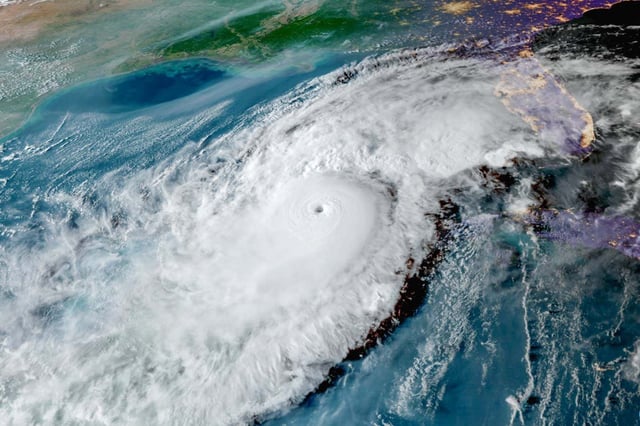Overview
- Sea surface temperatures in July 2025 linger near historic highs with Mediterranean waters up to 5°C above seasonal norms.
- Studies published in Science confirm that 2023 heatwaves set new global records by lasting four times longer than average, covering 96% of the ocean surface.
- Reduced cloud cover, weakened winds, ocean current anomalies and a warming El Niño were identified as key drivers of last year’s extreme marine heatwaves.
- Emerging data show exponential ocean heat accumulation that outpaces climate model predictions and signals a possible irreversible shift in ocean–atmosphere dynamics.
- Some scientists caution that limited multi-year records make it premature to confirm a permanent tipping point, underscoring the need for continued monitoring and emissions reductions.


